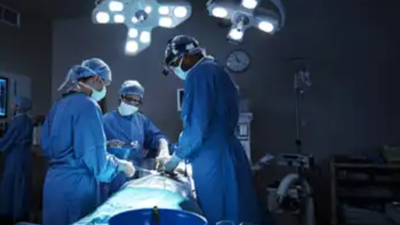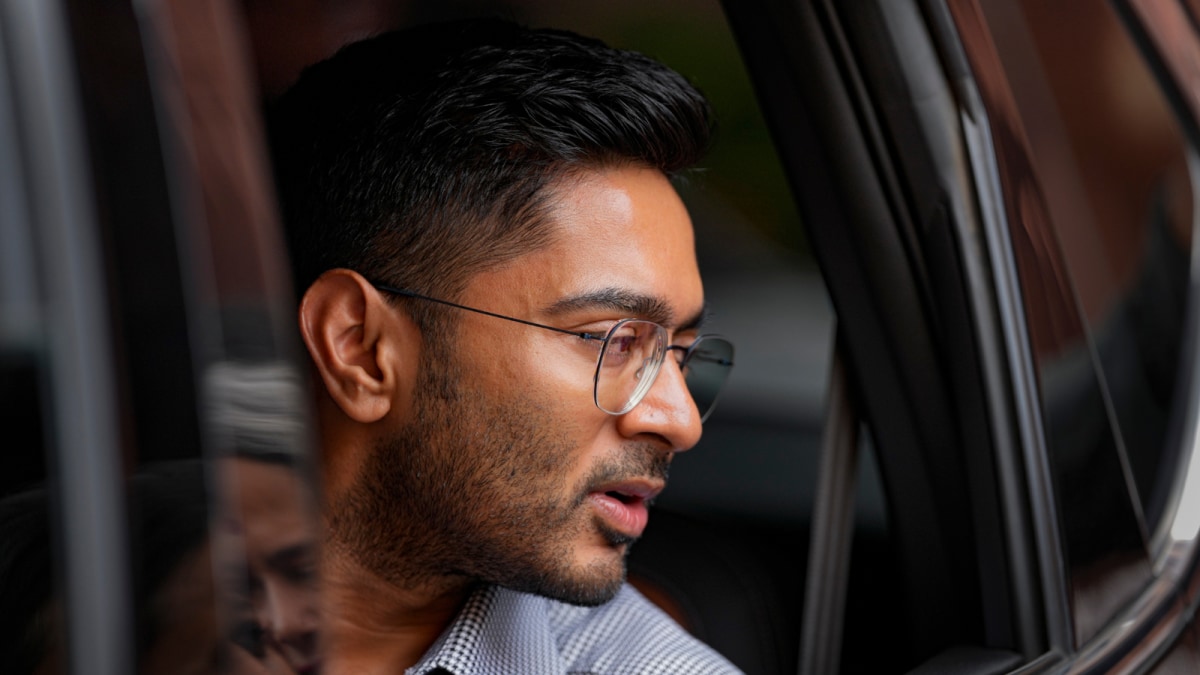ARTICLE AD BOX

NEW DELHI: Doctors at HCMCT Manipal Hospital, Dwarka, successfully revived the organs of a deceased woman using a heart-lung machine after her death, making organ transplantation possible.In a first-of-its-kind medical achievement in Asia, the procedure was led by Dr Shrikanth Srinivasan, Chairman of the Manipal Institute of Critical Care Medicine. The technique, known as Normothermic Regional Perfusion (NRP), allowed doctors to restore blood circulation to the patient’s organs after death.The donor, 55-year-old Geeta Chawla, had been paralysed due to Motor Neuron Disease and was admitted to Manipal Hospital on November 5 with breathing problems.
After her family declined life support, she passed away the next evening. Following her wish to donate organs, the hospital team immediately began the NRP procedure.
For the first time in Asia, doctors restarted her circulation using an ExtraCorporeal Membrane Oxygenator (ECMO), which kept her abdominal organs alive for around four hours. This enabled smooth coordination with the National Organ and Tissue Transplant Organisation (NOTTO) for organ allocation and retrieval.
Her liver was transplanted into a 48-year-old man at the Institute of Liver and Biliary Sciences (ILBS), while her kidneys went to 63-year-old and 58-year-old male patients at Max Hospital, Saket. Her corneas and skin were also donated, helping several others.Dr Srinivasan explained that organ donation in India typically happens after brain death, when the heart continues to beat. In this case of donation after circulatory death (DCD), doctors had to act immediately after the heart stopped.
“With NRP, we could keep the organs viable long enough to retrieve and transplant them successfully,” he said.Dr (Col) Avnish Seth, Chairman of Manipal Institute of Gastroenterology and Hepato-Biliary-Pancreatic Sciences and National Head of Manipal Organ Sharing & Transplant (MOST), said that India recorded 1,128 brain-dead donors in 2024, ranking eighth globally. However, he emphasised the need to increase DCD donations.He added that the newly developed low-cost hybrid ECMO system, designed specifically for India, made this procedure possible. “This marks the first successful NRP in Asia. We restricted circulation to the abdomen, allowing liver and kidney transplants. With more expertise, other organs like the pancreas, lungs and heart can also be retrieved in the future,” he said.India continues to face a huge shortage of donated organs. Every year, nearly 1.8 lakh people suffer kidney failure, but only 13,426 kidney transplants were performed in 2023. Similarly, 25,000–30,000 liver transplants are needed annually, though just 4,491 were carried out last year.In the case of heart transplants, only 221 patients received one in 2023, and while 25,000 corneal transplants were performed, the actual need is about one lakh annually.

 1 hour ago
4
1 hour ago
4









 English (US) ·
English (US) ·